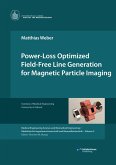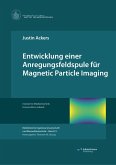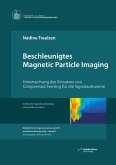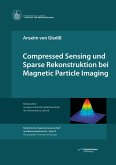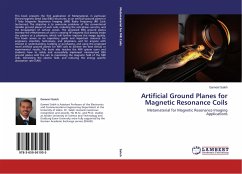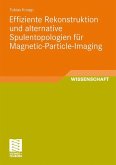Magnetic Particle Imaging is a functional imaging technique used to visualize the distribution of superparamagnetic iron oxide nanoparticles by using magnetic fields. These fields are generated by current carrying coils specifically arranged in different scanner topologies. Up to now, the established geometries of a coil have been either circular shaped or rectangular shaped. The aim of this work is to evaluate the application of approximated elliptical coils. Based on the clinical practice, it is conceivable to integrate a circular single-sided scanner, for example, into a patient table. In order to achieve an optimally adapted result to the medical application, a tradeoff between size, field of view and patient access must be made. The new coil geometry is designed to increase the field of view, without exceeding the width of the patient table and therefore ensure good access to the patient. Besides the integration of this new coil geometry into an existing simulation framework, the simulation is validated by comparing the results to a self-built coil and an already established coil geometry. In addition to this, the application of the coil in different scanner topologies is evaluated.
Hinweis: Dieser Artikel kann nur an eine deutsche Lieferadresse ausgeliefert werden.
Hinweis: Dieser Artikel kann nur an eine deutsche Lieferadresse ausgeliefert werden.


